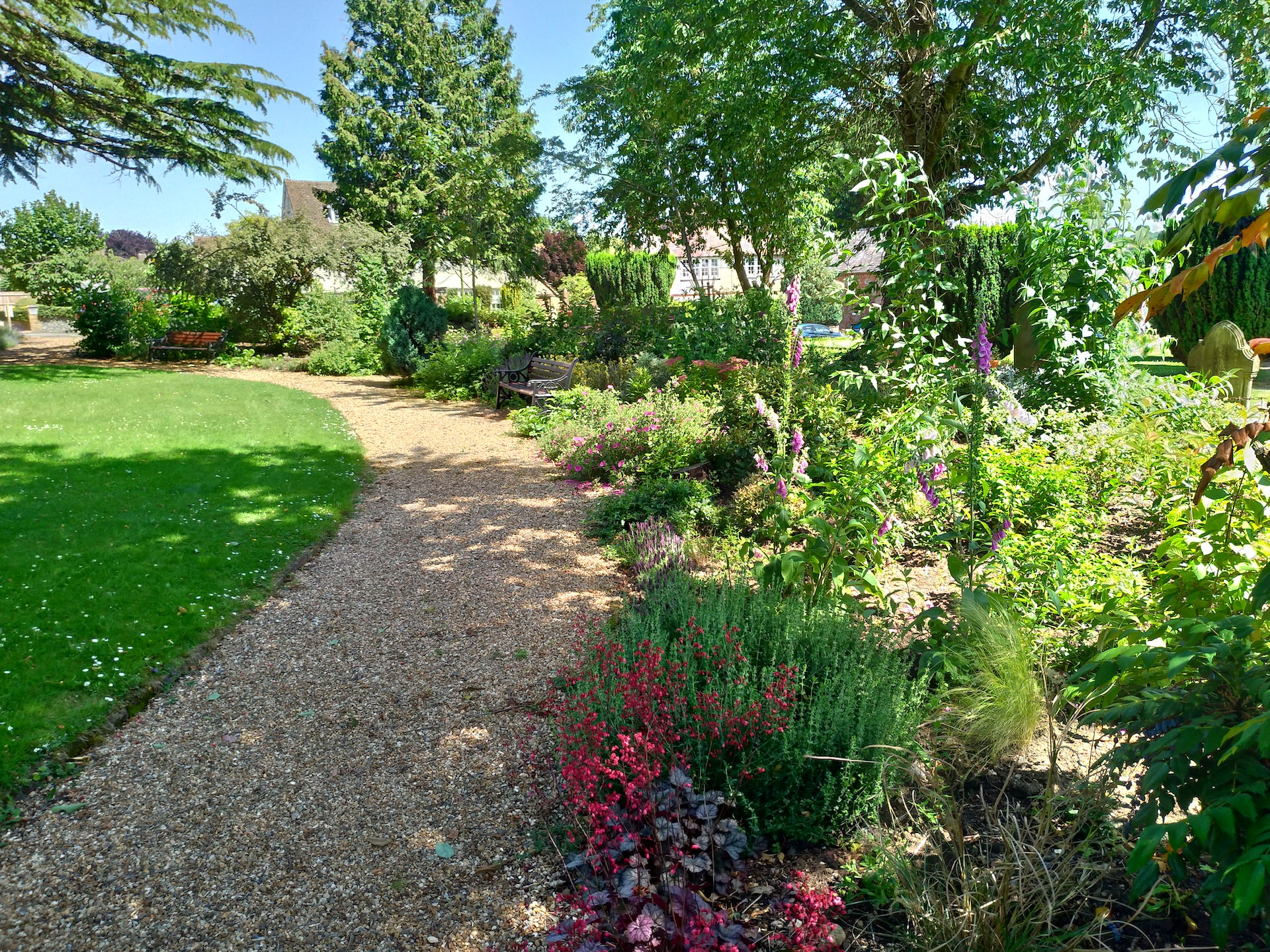How to Make Sure Your Garden is Eco-Friendly
In today’s world, where environmental concerns are growing by the day, creating an eco-friendly garden is more important than ever. Gardening practices that respect the environment contribute to the preservation of our planet, allowing us to enjoy the fruits of nature without causing harm. With thoughtful planning and sustainable choices, you can create a lush, thriving garden that enhances your home’s beauty while also being kind to the earth.
Plant Native and Drought-Resistant Flora
When planning your eco-friendly garden, consider integrating plants native to your region. These plants have adapted to local climate and soil conditions over time and typically require less maintenance and water than non-native species. Boxwood shrubs, for example, are a great option for many regions of the United States. They are hardy, drought-resistant, and provide year-round greenery, making them a solid choice for an eco-friendly garden.
Attract Beneficial Wildlife
Inviting wildlife into your garden is another effective way to foster an ecofriendly environment. Creating habitats for pollinators like bees and butterflies, as well as birds and other beneficial insects, promotes biodiversity. You can achieve this by planting a variety of flowering plants for different seasons, setting up bird feeders, and providing water sources.
Use Organic Mulch
Mulch plays an essential role in maintaining soil health by preserving moisture, regulating soil temperature, and preventing weed growth. Opt for organic mulch like compost, shredded leaves, or grass clippings instead of synthetic or inorganic alternatives. Organic mulch gradually decomposes, enriching the soil with essential nutrients.
Opt for Natural Pest Control
Chemical pesticides might eliminate pests, but they also pose a threat to beneficial insects and the overall ecosystem balance. Adopt natural pest control methods like companion planting, where certain plants are grown together because they repel pests or attract beneficial insects. You can also introduce beneficial insects like ladybugs and praying mantis, which naturally control the pest population.
Practice Sustainable Water Use
Water conservation is key to an eco-friendly garden. Adopt sustainable watering practices like watering early in the morning or late in the evening to reduce evaporation. Rain barrels can be used to collect rainwater for garden use, and installing a drip irrigation system can help ensure water gets to the plant roots with minimal waste.
Compost Your Waste
One of the easiest ways to enhance your garden’s eco-friendliness is by composting your kitchen and garden waste. Composting is a natural process that turns organic material into a nutrient-rich soil conditioner. It is an excellent way to recycle your waste and reduce the amount of garbage that ends up in landfills.
Start by setting up a compost bin or pile in your garden. Add green waste such as fruit and vegetable peels, coffee grounds, and grass clippings. You can also add brown waste, like leaves, twigs, or shredded newspaper. Remember not to compost dairy products, meat, or diseased plants as they can attract pests or create unpleasant odors.
Creating an eco-friendly, sustainable garden is a step toward cultivating a greener future for ourselves and generations to come. It is a testament to the power of sustainable living, demonstrating that beauty and environmental responsibility can go hand in hand. It involves thoughtful choices—from the inclusion of boxwood shrubs and native plants, to natural pest control, to sustainable water use—that result in a vibrant, thriving garden that contributes positively to the larger ecosystem.

